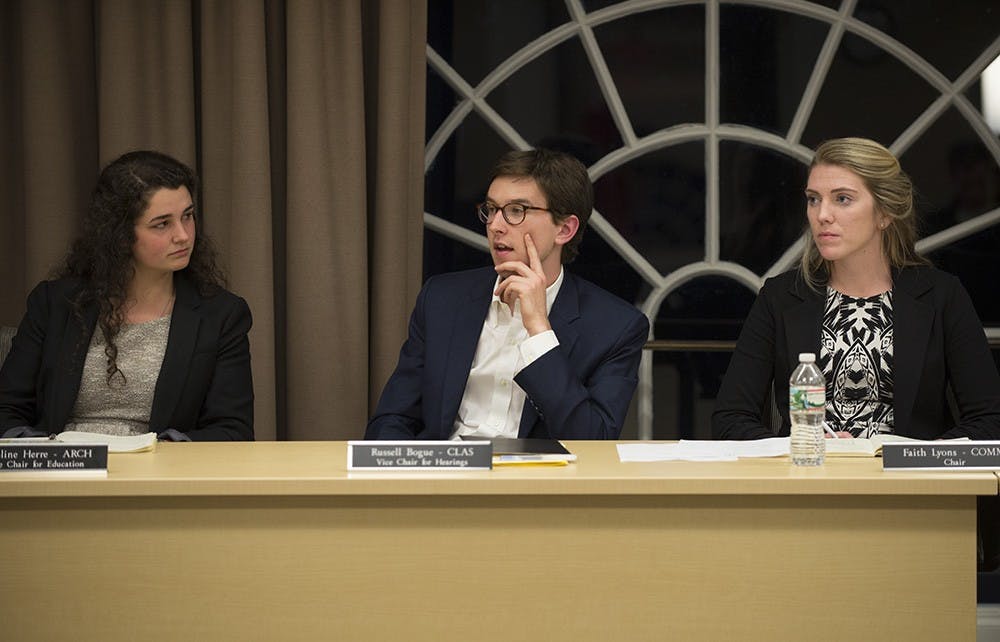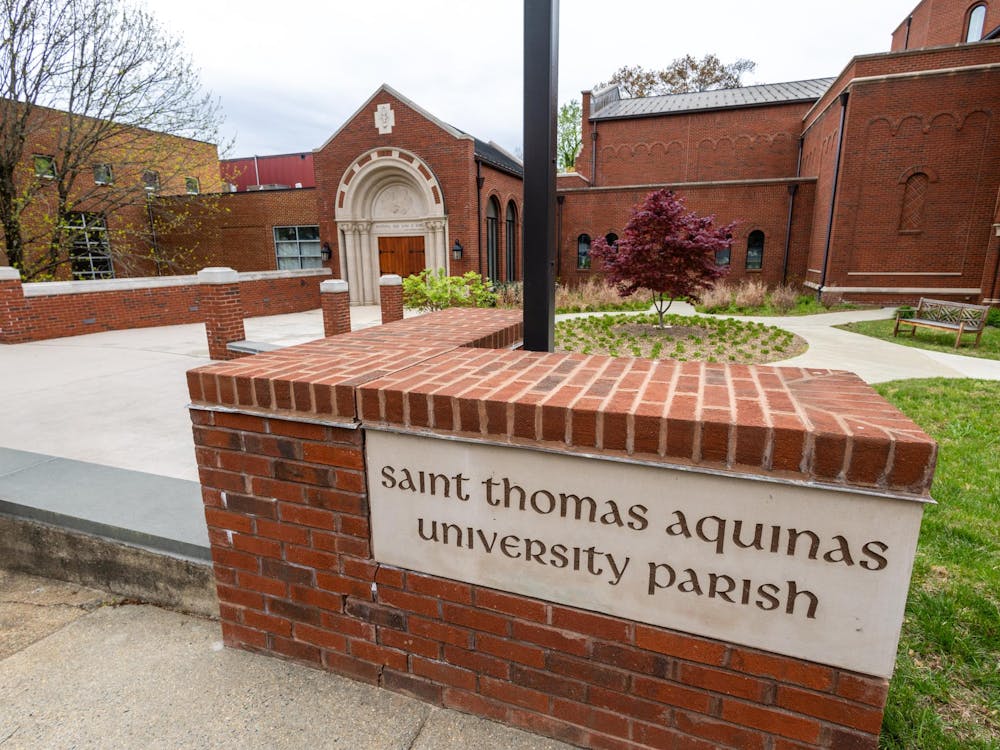While most CIOs on-Grounds receive their funding through budget applications managed by Student Council, student government groups are financially backed by other sources.
Funding for the Honor Committee comes from both a state budget and endowments from the University Alumni Association. While the state budget covers day to day operations of the Committee, the alumni endowment is allotted for larger scale projects and funding, said Honor Chair Faith Lyons, a fourth-year Commerce student.
“The endowment funding covers the salary of our legal advisor,” Lyons said. “It also covers the education outreach events that are external to our day to day processing.”
This year, Honor applied and was approved for $171,000 through the Alumni Association and has set aside more of the budget for education outreach than in past years, Lyons said.
“This year we set aside money for the popular assembly we’re planning on hosting, making sure we have the materials and space for that,” Lyons said. “We also increased sponsorship funds...to be able to support other organizations more than we have in the past, which is really important to us.”
The University Judiciary Committee also receives funding from the state. UJC Chair Mackenzie Austin, a fourth-year College student, said this funding goes to both day-to-day affairs and larger projects.
“We use it for case processing, maintaining our online case system, educational materials, putting on our own educational events and co-sponsoring other CIO events,” Austin said in an email statement.
This year, the total budget allocated to UJC by the state is $15,946, the exact allotment of which will be determined in a meeting Monday, Austin said.
UJC also intends to implement a new stipend program this year, which would allow representatives to conduct educational events for their schools, Austin said.
Student Council, however, receives most of its funding through the student activities fee student must pay each year. While this funds the majority of the budget, Council also uses non-SAF funds, said Chief Financial Officer Raj Das, a third-year Commerce student. This account is typically maintained by selling tables to student groups at the annual activities fair.
“[This fund] is used to cover certain expenses related to events committees throw,” Das said. “Last year one of our huge expenses was providing busses to Foxfield. We used our non-SAF fund to pay for the buses and the drivers.”
Council representatives and committee chairs have been meeting in special sessions to collaborate over the budget, Das said.
The budget will be presented as a bill in front of the representative body Tuesday. If it passes, it will go before the Student Activities Center for approval on Sept. 15.
The budget requests $50,000 in SAF funding and $17,000 in non-SAF funding.







